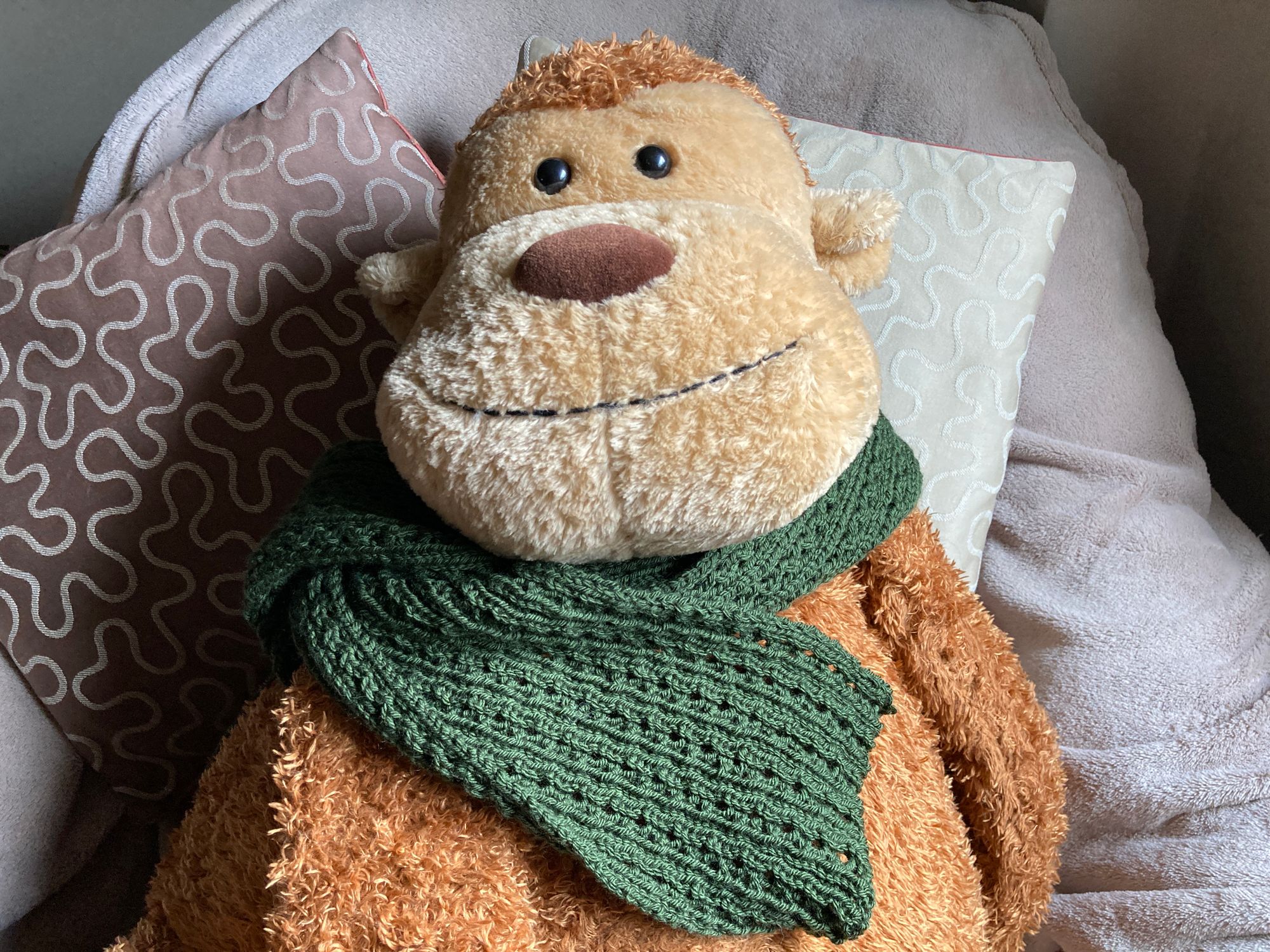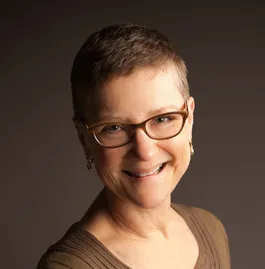We don’t call them riots
Scarf wars, Brixton 40 years on, and
At the beginning of Lockdown 2, I started knitting a scarf. I find knitting very soothing. It’s something my grandmother taught me and I’ve now got all her needles.
I found this article about “the knitting community” fascinating. I’m not sure why anyone’s surprised you have to pick a side even in knitting.
This week has marked 40 years since the Brixton Riots AKA Uprising of 1981. Here’s why it’s called an uprising, not a riot. I’ve listened to a couple of documentaries about that time this week. The BBC’s: Brixton: Flames on the Frontline tells the story of Brixton before, during and after 1981 and the Guardian’s Remembering Brixton Riots with those who witnessed the events unfolding.
Forty years on, Brixton is another world, in many ways. I’ve lived in the area for nearly thirty of them. However, the same systemic racial inequalities are still in place. Young Black people have been hardest hit by job losses during the pandemic and Black people are nine times more likely than white people to be stopped and searched by the police. And I can’t let this week go by without mentioning that in the very same week that the trial of George Floyd’s killer is ongoing, and the details of that terrible crime are being revisited in the hope that justice will be done and change will come, another Black man was killed by a white police officer in Minneapolis. RIP Daunte Wright
Last year, I won the NCVO Winifred Tumim award for innovation in governance. I wanted to use the award to research how lived experience is engaged in the work of charities, to investigate how people with personal experience of the issues charities exist to address are able to influence decision-making. It was a very interesting project and the report is now published: Where Power Lies - Putting Lived Experience at the Heart of Decision Making. I’d be really interested to know your feedback.
Interesting and useful links 🖇️
Simultaneously (how will I do that?!), my colleague, Jaz Nannar, and I are running a day of training for ACEVO for a group of Charity CEOs: Unpacking EDI for Charity Leaders: moving beyond the buzzwords into actions. I’d say book now but it’s been sold out pretty much since it opened for bookings. If it goes well, we’ll run it again.
‘Diversity’: A Smokescreen Not A Solution is an interesting read about how diversity in itself isn’t going to solve racism. You can have a majority Black panel and find institutional racism doesn’t exist. Kehinde Andrews’ article, Government-backed gaslighting is searing.
A guide to supporting and building inclusion for transgender colleagues
Learning points 🎓
Your Guide to Being a Good Ally in Ramadan
Day of the Week 📆
So many people are celebrating their second birthday or anniversaries or special days during Lockdown.
Vaisakhi, the Punjabi and Sikh festival, the first full fasting day of Ramadan, the Muslim holy month, and Chaitra Navratri, the Hindu festival all fell on April 13 this year. It’s a shame that these festivals that would normally be an opportunity for families and friends to gather and celebrate have had to be so muted again this year. Fingers crossed for 2022.
What am I reading? 📚
I’ve been reading Demanding More by Sheree Atcheson. Based on Sheree’s experiences as a young woman of colour working in a white male-dominated tech industry, it is a practical handbook on diversity and inclusion in the workplace, including tools and strategies to use in every day life.
One things she talks about is codes of conduct to support setting the tone of what behaviour is and isn’t acceptable. It made me wonder how many voluntary sector organisations actually actively and regularly discuss their codes of conduct with staff, trustees, volunteers etc. Here’s an example from Comic Relief. It’s called Safeguarding Guidelines: Code of Conduct which makes me worry that it would be sidelined into programme delivery, where actually it’s very clear that it’s for internal staff and trustee behaviour too.
What am I watching? 👀
In keeping with this Brixton-themed issue, I watched Alex Wheatle, the true story of the award-winning writer, who spent his childhood in care and was jailed after the Brixton uprising of 1981. The film is was part of Steve McQueen’s Small Axe season for the BBC. Today, Alex Wheatle is a young adult fiction writer.
What am I listening to? 👂
Junior Murvin’s track, Police and Thieves, is mentioned in the BBC Sounds documentary mentioned above. I was astonished to find it only reached number 23 in the UK Singles Chart in 1980, four years after it was first released. As appropriate today as ever.
Joy-giving things 😍
I finally finished my lockdown knitting project which I started on November 1 when Lockdown 2 began. It’s quite hard to photograph scarves, it turns out. Here it is, as modelled by Barbara

Have a great weekend!
Lucy x
PS. Here’s the pattern if you want to make your own scarf. I don’t take knitting commissions. I do take other stuff commissions. See below 😀
I write this newsletter because I believe in sharing progressive ideas that help us work towards a truly equal world.
Share it with your friends so they can read it too 📣
ChangeOut is created by Lucy Caldicott. You can find more about my work at ChangeOut.org. If you’re looking to have a chat about culture, leadership, purpose, equity, or a facilitated team discussion about any of those things, get in touch. You can also find me on Bluesky, Instagram, and, LinkedIn.
If it’s your first time reading this newsletter, find out more here.
ChangeOut - Leadership . Purpose . Impact Newsletter
Join the newsletter to receive the latest updates in your inbox.
